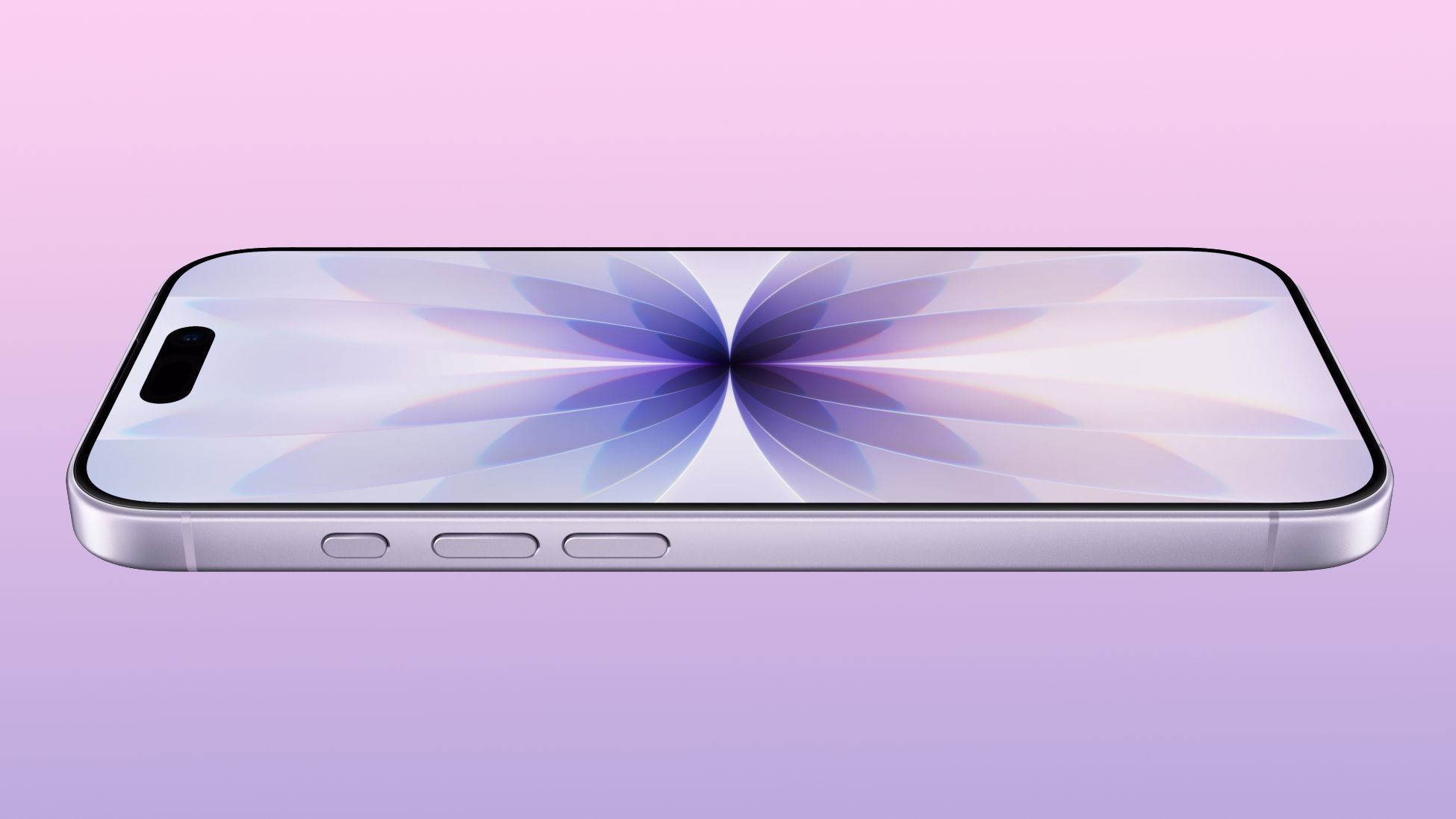
When your phone security pisses off three-letter agencies
Apple just told three-letter agencies to go fuck themselves with Memory Integrity Enforcement on the iPhone 17. MIE makes memory exploitation - the bread and butter of government spyware - exponentially harder to pull off without crashing the target phone.
This pisses off three groups: NSO Group (mercenary spyware), Cellebrite (police phone cracking), and various intelligence agencies. All their expensive zero-day exploits just got a lot less reliable.
The spyware industry is about to have a very bad year.
How Spyware Actually Works
Memory bugs are the bread and butter of sophisticated attacks
Most phone hacking depends on memory bugs - basically when some asshole developer writes code that reads or writes outside its allocated memory space. Classic buffer overflow shit. When you don't check your array bounds, attackers can stuff malicious code where it doesn't belong and hijack execution flow.
Apple's blog post notes that spyware targeting iOS, Windows, and Android all use the same types of memory exploits. Security researchers say memory corruption is how "the vast majority of exploits" work.
This includes both zero-click attacks (you get pwned just by receiving a message) and physical access tools that cops use to crack phones. The entire spyware ecosystem relies on these memory bugs - and Apple just made them way harder to exploit.
Think of Memory Like Hotel Rooms
MIE basically gives every memory allocation its own little security badge. When spyware tries to access memory without the right badge, the system says "nope" and kills the process instead of letting it run wild.
Apple built this on ARM's Memory Tagging Extension (MTE) - think of it like adding metadata to every memory pointer. When you try to dereference a pointer with the wrong tag, the hardware itself throws a fault. No software can bypass it because the CPU enforces the rules.
Google has similar tech for some Android phones and GrapheneOS does it too, but security experts say Apple's version goes deeper because they control the entire hardware/software stack.
Security Experts Are Impressed
The people who hack phones for a living are freaking out. A U.S. government researcher who develops zero-day exploits said "The iPhone 17 is probably now the most secure computing environment on the planet that is still connected to the internet."
Patrick Wardle, who knows Apple security inside and out, was more blunt: "This will make their life arguably infinitely more difficult."
Translation: spyware companies are going to spend way more time and money developing exploits that work against MIE. Some smaller players might get priced out entirely.
Who Gets Screwed
NSO Group's Pegasus spyware just got a lot more expensive to develop
NSO Group and Friends: Companies like NSO Group and Paragon Solutions make millions selling Pegasus spyware to governments. Their zero-click attacks depend on memory exploits. iOS security researchers think some mercenary spyware vendors probably don't have working exploits for the iPhone 17 yet.
Police Phone Crackers: Cellebrite and Grayshift sell tools to cops for unlocking confiscated phones. These also rely on memory bugs. MIE forces them to find completely new attack methods or just give up on iPhone 17s.
Government Hackers: Intelligence agencies use iOS exploits to spy on journalists, dissidents, and political targets. MIE makes this way harder, so they'll probably fall back on social engineering (tricking people) or trying to steal phones physically.
The Downside: Third-Party Apps Need to Catch Up
Apple turned on MIE for Safari and iMessage out of the box (smart, since that's where 90% of zero-clicks land), but third-party devs have to manually enable it in Xcode with compiler flags.
So yeah, your shitty banking app that hasn't been updated since iOS 14 is still vulnerable. The protection only works if developers actually give a damn and recompile with MTE enabled. Good luck with that.
Hackers Will Adapt (They Always Do)
Matthias Frielingsdorf from iVerify (anti-spyware detection) is realistic about it: "there are going to be plenty of bad actors that can still find success and sustain their business."
MIE won't stop all hacking, just make it way harder and more expensive. Attackers will adapt, they always do. But it makes their job significantly more difficult.
Should You Upgrade for Security?
If you're a journalist, activist, politician, or someone governments might want to spy on - absolutely. The iPhone 17 is probably the most secure phone you can buy right now.
For regular people, your iPhone 15 is probably fine. Don't upgrade just for MIE unless you're genuinely worried about sophisticated attackers with million-dollar exploits targeting you personally.